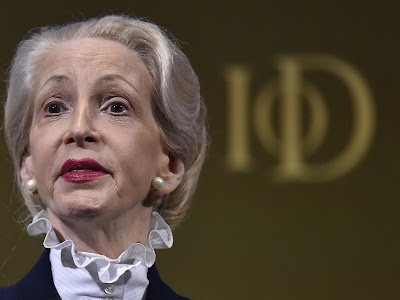The Personal Debt Spiral Continues

The issue of debt, and more specifically personal debt, has been a consistent focus here in Financial Regulation Matters , with the most recent post reporting on the fears that the personal debt crisis was set to deepen . Whilst we know that this crisis, and the ‘age of austerity’ go hand in hand, there are, of course, a number of competing elements that are fuelling the current debt crisis. In today’s post, the focus will be on the latest fears regarding the crisis, but also on calls by an influential Labour MP who is calling now for the credit card companies to come under increased scrutiny after successfully campaigning against payday lenders like Wonga. Rather than general debt figures being the focus this week in the media, the focus instead focuses upon credit card debt specifically. This is on the back of official figures that note that, over the last few months, the rate of credit card debt has risen to a 12-year high . The reported rise was over 8% for the last year , w...





